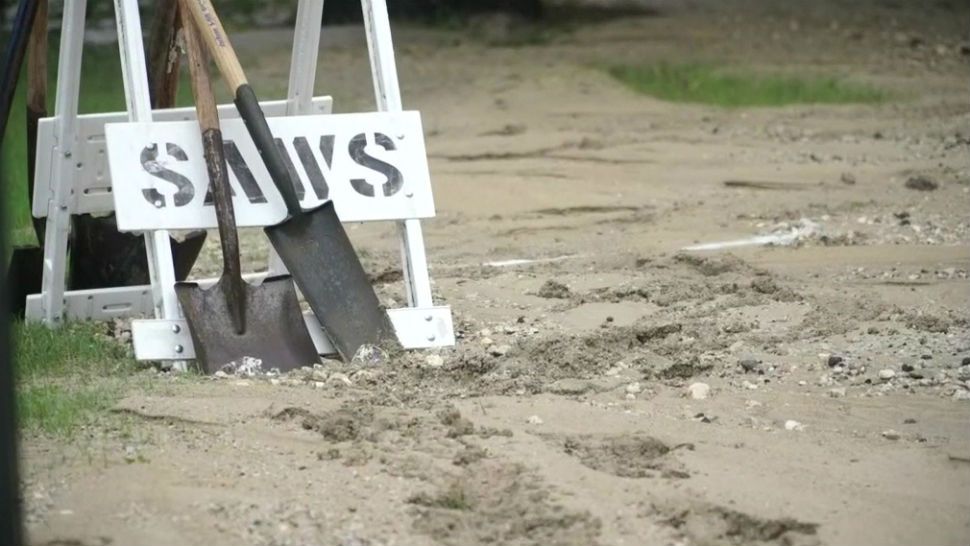SAN ANTONIO (AP) — A San Antonio catfish farm that brought national attention to the region's groundwater politics is having its well capped after a decade of litigation.
- Living Waters Artesian Springs Catfish Farm
- City's plan to return site to native brushland
- Permanent cap, temporary cap could deteriorate
Living Waters Artesian Springs Catfish Farm owner Ronnie Pucek fought for years over the Edwards Aquifer, which was deemed the world's largest artesian well and sat on his property.
Now the San Antonio Water System is starting to seal the well following a $30 million buyout of the catfish farm, the San Antonio Express-News reported.
The $1.4 million project is part of the city water system's plans to return the site to its native brushland.
Environmentalists and residents had expressed outrage in the past over the catfish farm being entitled to pump as much water as they wished from the well that could serve nearly a fourth of the city's population.
Pucek didn't respond to the newspaper's request for comment.
"When you see it, it is just a water well," said Kevin Morrison, the water system's project coordinator. "But it all had such far-reaching consequences and was the catalyst for changing Texas water law."
Texas' "rule of capture" doctrine and property rights practices prevented officials from limiting the catfish farm from using some of the aquifer's 45 million gallons of water produced daily.
The legal battle over the well pushed San Antonio toward "more environmentally sound water policy," and secured the city's future water in a more responsible way, said Steve Clouse, the water system's chief operating officer.
"The catfish turmoil was the tripwire that got us to limit our uses of the Edwards and recognize it is a limited and shared resource," he said.
The water system is now working to permanently cap the well because its existing temporary cap could deteriorate, making the well uncontrollable.
Water engineers will "kill" the well by pumping bentonite clay mud, the mineral barite and water into it to neutralize the artesian flow of water pushed to the surface by gravity-induced pressure.
Engineers will then dump limestone gravel into the well, later adding cement.
Clouse said buying the catfish farm and its water rights was "brilliant," because those rights likely would cost more than $120 million today.
The Associated Press contributed to this story.



